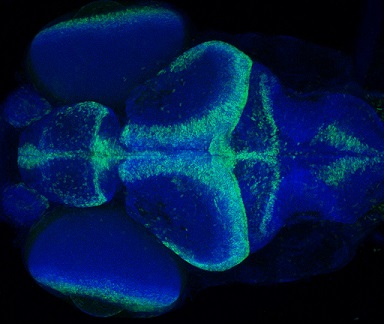Early life stress: from adaptive plasticity to allostatic overload
Helen Eachus
University of Exeter, UK
Exposure to stress during early life may alter the development trajectory of an animal by a mechanism known as adaptive plasticity. For example, to enhance reproductive success in an adverse environment, it is known that animals accelerate their growth during development. However, these short-term fitness benefits are often associated with reduced longevity, a phenomenon known as the growth rate-lifespan trade-off. In humans, early life stress exposure compromises health later in life and increases diseases susceptibility. Glucocorticoids (GC) are a major stress hormone implicated in these processes, but the underlying mechanisms have been unclear. Our recent work describes how developmental plasticity leading to allostatic overload is manifested at a cellular level and identifies a potential molecular regulator. Using a zebrafish model, we demonstrated that elevated GC alters neurogenesis during development, especially in the hypothalamus. We discovered that in the hypothalamus accelerated growth of progenitor cells is followed by early decline under high GC. We then identified associated changes in cell fate determination, gene regulation and behaviour. Further understanding of how stress and GC exposure can alter development trajectories at the molecular and cellular level is of critical importance to reduce the burden of mental and physical ill health across the life-course.










You must be logged in to post a comment.